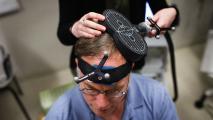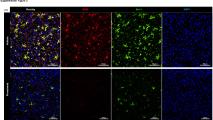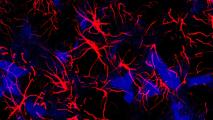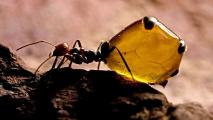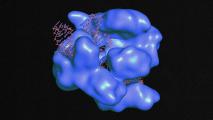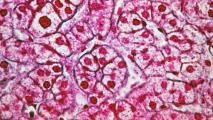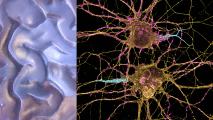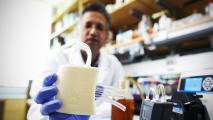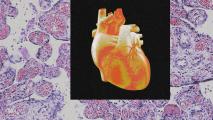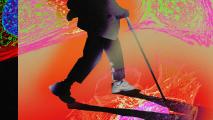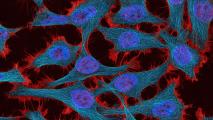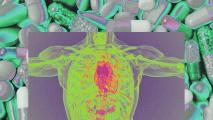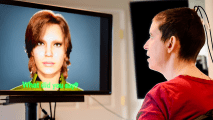
Biotech
Human history has been all but defined by death and disease, plague and pandemic. Advancements in 20th century medicine changed all of that. Now advancements in 21st century medicine promise to go even further. Could we bring about an end to disease? Reverse aging? Give hearing to the deaf and sight to the blind? The answer may be yes. And soon.
More
A magnetic therapy for depression gains precision
Approved over a decade ago, transcranial magnetic stimulation (TMS) could be effective if the treatment was tailored to individual brains.
Drug for MS may be able to treat Alzheimer’s, too
A drug approved to treat multiple sclerosis reduced neuroinflammation and improved memory in mouse models of Alzheimer’s.
20% of Americans have anxiety. NYU expert’s “consciousness theory” explains why.
Sensations of anxiety evolved to protect us. This system goes awry when you perceive immediate danger that isn’t really there.
Scientists discover a new kind of brain cell
A newly discovered brain cell that appears to be a hybrid of the two other primary types could shake up the world of neuroscience.
Can’t afford a gym membership? Add these 3 things to your workout routine
With gym memberships and fitness classes are becoming increasingly unaffordable, you can make just as much progress at home.
Popular weight-loss drugs show promise as addiction treatments
New trials will test the ability of GLP-1 agonists, a popular class of weight-loss drugs, to help people beat addictions to drugs and alcohol.
Australian ant honey inhibits tough pathogens, new research shows
Honeypot ant honey may help develop our arsenal of effective antibacterial and antifungal treatments, which are increasingly vital.
At least 5 people have been cured of HIV. Is the AIDS pandemic ending?
A handful of people have already been functionally cured of HIV — and new, universal cures are just on the horizon.
New treatment slashes obesity in mice eating fatty, sugary diet
A new obesity treatment developed at UMass triggered weight loss in mice even as they continued to eat a diet high in fat and sugar.
Transplants of lab-grown brain cells reduce Parkinson’s symptoms
Transplants of lab-grown dopamine neurons reduced the amount of time people experienced Parkinson’s symptoms in a small trial.
Artificial kidney aces test in pigs
An artificial kidney prototype just aced a pig trial, bringing it closer to human trials — and a step closer to ending the need for dialysis.
Study discovers how one sleep stage reactivates memories
New research suggests that during NREM sleep, our brain is more likely to store positive memories.
An ancient technique can improve your attention span
According to neuroscientist Amishi Jha, 12 minutes of mindfulness training a day strengthens your attentional systems.
Potential heart attack treatment discovered in human placentas
Placental cells known to home in on and repair damaged heart cells in mice have been discovered in humans, too.
To stave off Alzheimer’s, protect your brain’s mitochondria
Mitochondria are crucial for memory preservation and are emerging as key players in the fight against Alzheimer’s.
World-first experiment shows genetically engineered bacteria detecting cancer
Genetically engineered bacteria could be used to detect a range of different diseases, particularly infections and cancers.
Weight-loss drug improves heart failure symptoms, too
Novo Nordisk’s popular weight-loss drug semaglutide (Wegovy) improved heart failure symptoms in a trial of more than 500 people.
Arrays of quantum rods could enhance TVs or virtual reality devices
MIT engineers have used DNA origami scaffolds to create structured arrays of quantum rods, which could be incorporated into LEDs.
Paralyzed woman able to speak again, thanks to brain-avatar interface
Speech BCIs that use brain implants and algorithms to translate brain signals into text are changing the lives of people with paralysis.
Scientists bioengineer plants to have an animal-like immune system
Scientists have bioengineered a hybrid molecule by fusing components from an animal’s and a plant’s adaptive immune system.
Get inspired with the most innovative stories shaping the world around us.













